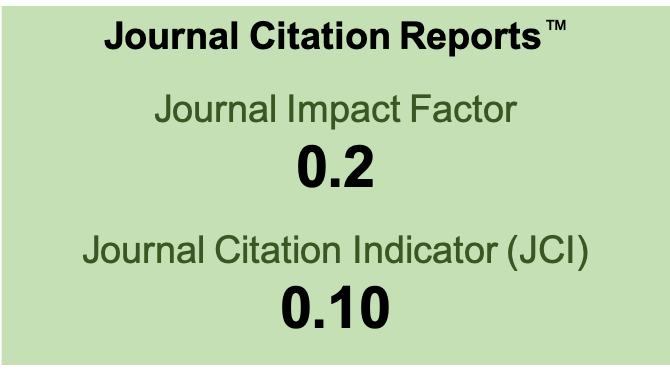Effect of hydroxyapatite nanoparticles on the development and germination of Cucumis Sativus L.
DOI:
https://doi.org/10.19136/era.a10nNEIII.3608Keywords:
Agronanotechnology, cucurbits, nanofertilizers, seeds physiology, phytotoxicityAbstract
Hydroxyapatite nanoparticles (nHAp) have the potential to stimulate plant growth and act as a nanofertilizer. Therefore, the objective of this bioassay was to determine its effect on seed germination and on some physiological aspects in cucumber seedlings (Cucumis sativus L). nHAp concentrations of 25, 50, 100, 200, 500, 1000 and 2000 mg L-1 were used, in addition to a control (distilled water). Results were analyzed using a completely randomized design with three replications per treatment. The outcomes did not reveal statistical effects for the variables plumule length and dry biomass, but regarding to radicle length, germination and vigor, the dose of 25 mg L-1 improved seedling growth, while with 200 mg L-1 an inhibitory effect was shown. The dissimilarity in results is attributed to the electrostatic attraction between nanoparticles, as it was detected that at concentrations higher than 200 mg L-1 there was a tendency to agglomerate forming microparticles, which limits their absorption by the plant due to the barriers presented by the cell walls and membranes.
Downloads
Downloads
Published
How to Cite
Issue
Section
License
Copyright (c) 2023 Ecosistemas y Recursos Agropecuarios

This work is licensed under a Creative Commons Attribution-NonCommercial-ShareAlike 4.0 International License.
Aviso de copyright
Los autores que se envían a esta revista aceptan los siguientes términos:
una. Los autores conservan los derechos de autor y garantizan a la revista el derecho a ser la primera publicación del trabajo con una licencia de atribución de Creative Commons que permite a otros compartir el trabajo con un reconocimiento de la autoría del trabajo y la publicación inicial en esta revista.
B. Los autores pueden establecer acuerdos complementarios separados para la distribución no exclusiva de la versión del trabajo publicado en la revista (por ejemplo, en un repositorio institucional o publicarlo en un libro), con un reconocimiento de su publicación inicial en esta revista.
C. Se permite y se anima a los autores a difundir su trabajo electrónicamente (por ejemplo, en repositorios institucionales o en su propio sitio web) antes y durante el proceso de envío, ya que puede conducir a intercambios productivos, así como a una cita más temprana y más extensa del trabajo publicado. (Consulte El efecto del acceso abierto).



